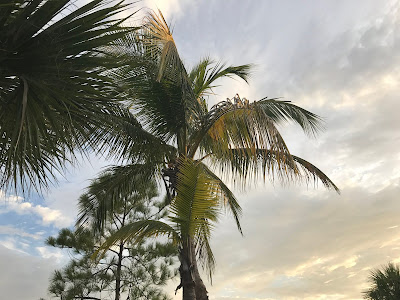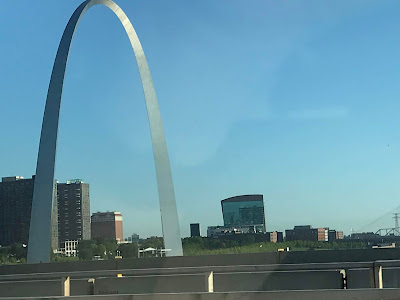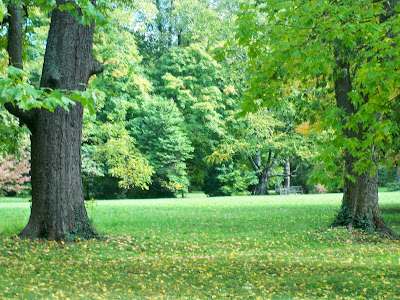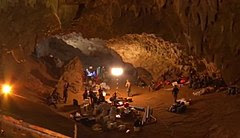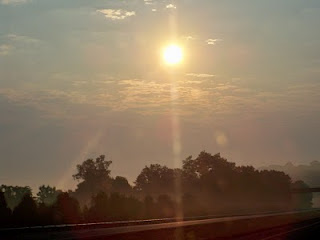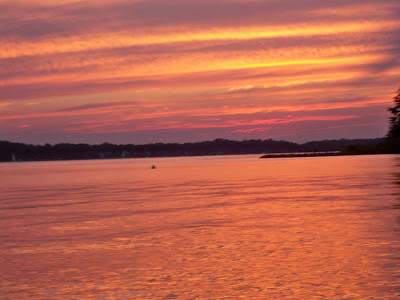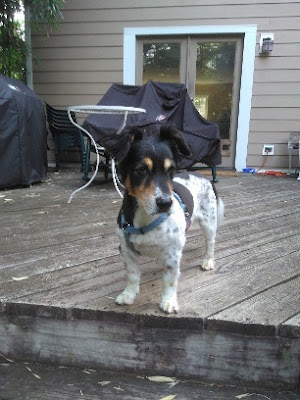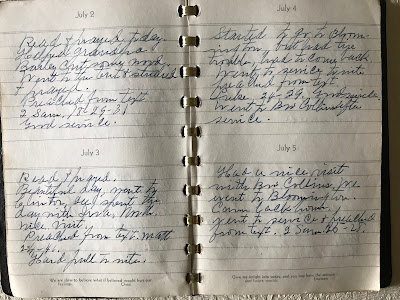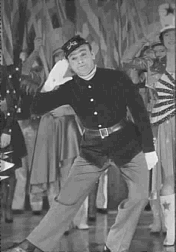Giant Exhale
Arriving at the beach brings a giant exhale. Here is the hotel where it always is, the bikers and walkers, the crowd outside the ice cream parlor. Here is the tropical air, the palm trees swaying, the lizards darting.
The rhythm of the surf is the rhythm of life. To walk beside it is to feel alive again, tasting salt spray and dodging sea birds. Finding my pace beside the waves, advancing as they retreat.
This time of day I’d be settling into my desk for the day, opening files, penciling in priorities, gearing up for our Monday morning meeting.
But not this Monday. Today is the first day of a week without days, without beginnings and endings. I’ll tell time by the slant of sun on water, hunger by a growl in the stomach.
I brought a journal and books, bathing suits and sun screen.
What more do you need?
